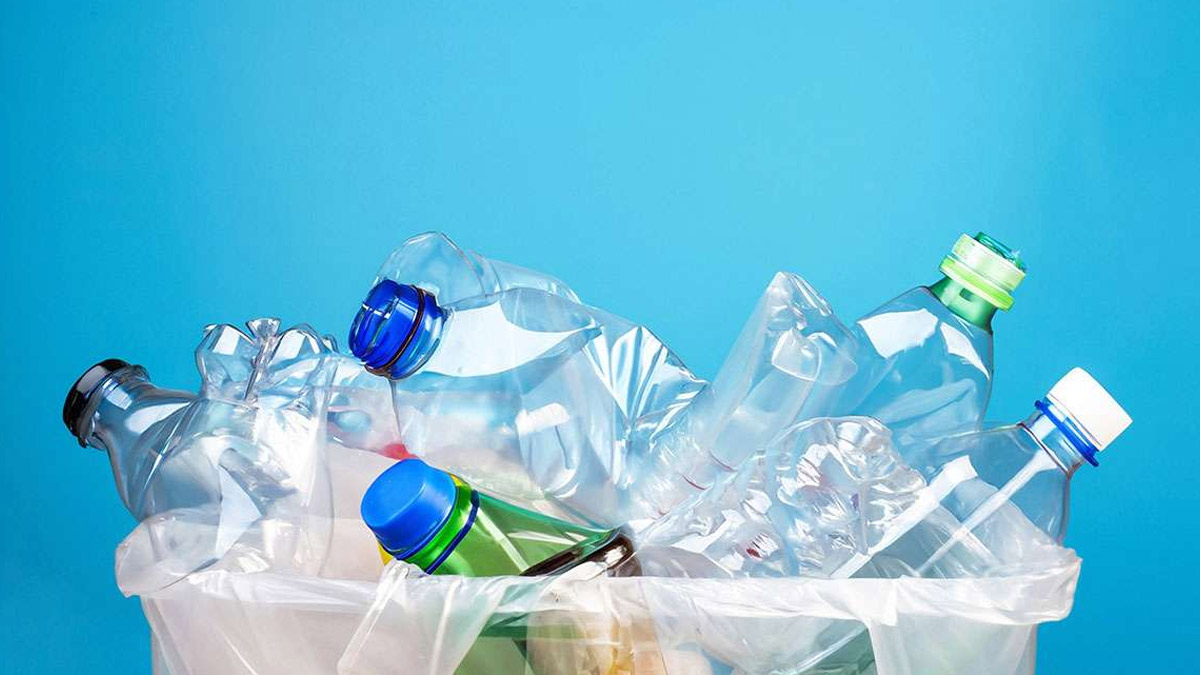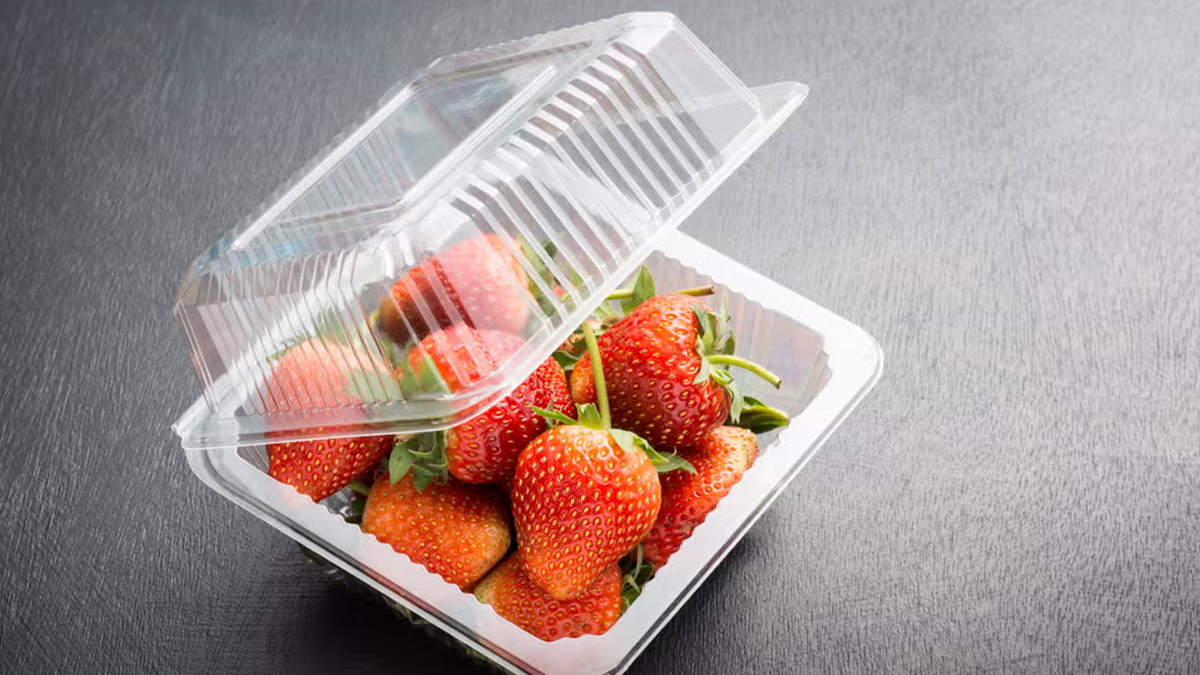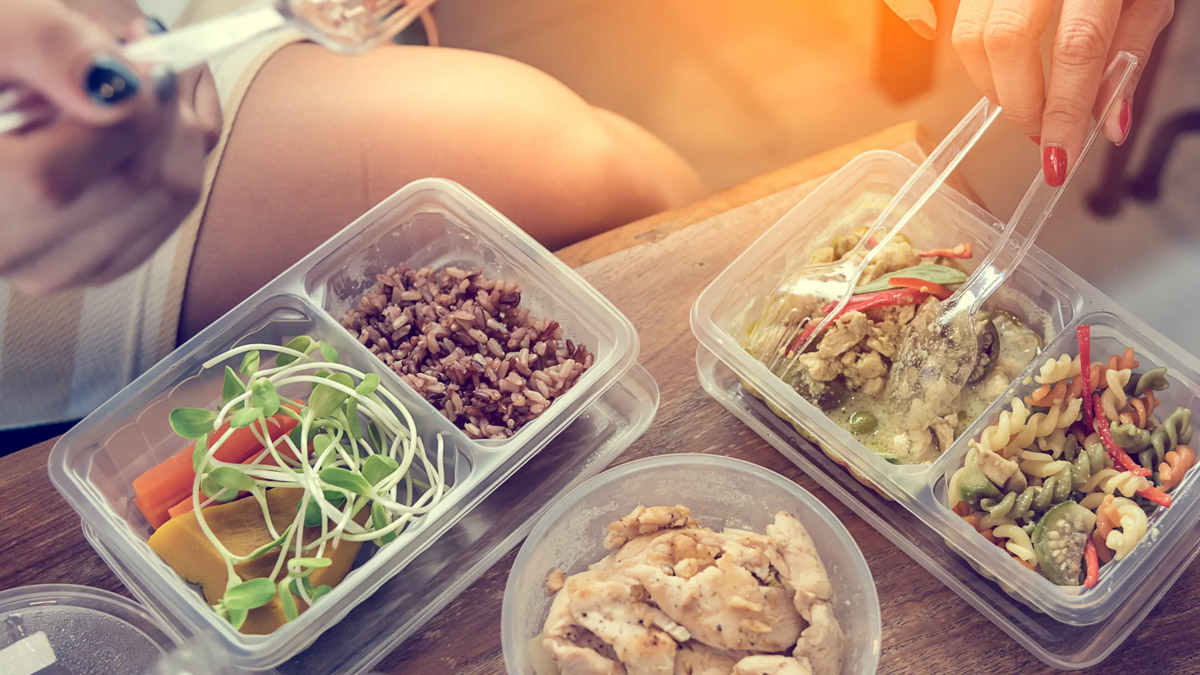-1751949986258.webp)
It’s more common than you think: you peel back a food wrapper and a tiny piece of plastic sticks to your snack, or you sip water from a plastic bottle left in the sun. Sometimes, you might not even notice when a bit of plastic finds its way into your meal, especially with today’s fast food and busy lifestyles. In urban India, where plastic use is everywhere, accidental plastic consumption can happen to anyone. But what really happens if you eat plastic by mistake? Should you worry, and what should you do next? Read ahead to find out what an expert shared that you need if a situation like this occurs.
Table of Content:-
How Accidental Plastic Consumption Happens![what if i eat plastic 1 - 2025-07-08T101607.021]()
Plastic is all around us, in food packaging, bottles, containers, and even in the air as microplastics. Sometimes, a small piece of plastic from the packaging ends up in your food. Street food, poorly regulated packaging, and bottled water are common sources. Most people don’t realise they’ve eaten plastic until they feel unwell or notice something odd.
What Happens If You Accidentally Eat Plastic?
Dr Rohan Yewale, Consultant Gastroenterology & Hepatology at Apollo Hospitals, Navi Mumbai, explains, “Accidental plastic ingestion is a growing concern in clinical gastroenterology, especially in urban India where plastic pollution intersects with modern dietary habits. Patients often come to us with vague abdominal symptoms, not knowing that plastic fragments have entered their digestive system.”
Once inside the body, plastic acts as a foreign object. Dr Yewale says, “Depending on the size and type, it may pass harmlessly or cause irritation, blockage, or even perforation. Microplastics are more dangerous because they are invisible and can escape the stomach’s acid, reaching the intestines. There, they may disrupt the gut lining, interfere with nutrient absorption, and disturb the gut microbiome.”
The long-term risks are serious. Chronic inflammation weakens immunity, and higher chances of irritable bowel syndrome or metabolic syndrome can result from regular exposure. Dr. Yewale warns, “Plastic additives like phthalates and bisphenol A can leach into food and act as hormone disruptors. This can affect fertility, thyroid function, and insulin sensitivity. Children and pregnant women are especially at risk.”
ALSO READ: Matcha Meets Biryani: Superfood Hype or Culinary Overkill? Expert Shares Their Views
How Is Plastic Ingestion Diagnosed?![accidentally eat plastic 2 - 2025-07-08T101610.656]()
Doctors may use imaging, endoscopy, or tissue tests to find plastic in the gut. Sometimes, plastic causes local inflammation or even damage to the gut wall. In rare, severe cases, especially where diagnosis is delayed, plastic can cause a blockage or a tear, needing emergency surgery.
Why Is Plastic Ingestion Often Missed?
Plastic ingestion is often underdiagnosed. Dr Yewale explains, “Many cases look like common stomach problems and are treated without finding the real cause. We need to be alert, especially when patients have ongoing, unexplained symptoms.”
What Should You Do If You Eat Plastic?![what to do if eating plastic 3 - 2025-07-08T101609.455]()
- Don't worry if you eat a small sliver. Most small plastics pass through the digestive system unharmed.
- Monitor for symptoms such as stomach ache, vomiting, or bowel habit change. If these happen, visit a doctor.
- Don't eat from damaged packaging, and never microwave food in plastic containers.
- Drink plenty of water to flush out the foreign substance from your system.
What Does Research Say?
A study in the journal Environmental Science & Technology found that human beings could be ingesting tens of thousands of particles of microplastics annually through food and drinks. The long-term health implications are yet to be researched, but the results emphasise the importance of proper plastic regulation and further investigation.
ALSO READ: Do Smelly Farts Mean Good Digestion? What Your Gas Says About Your Gut
Conclusion
Accidentally eating plastic is more prevalent than you might believe, yet the majority of tiny fragments pass through your system without issue. Frequent exposure or ingesting large fragments can cause severe health issues. If you experience persistent stomach discomfort, speak with your physician and bring up any potential plastic intake. Above all, take care when storing, warming, and consuming your food to limit your exposure.
Also watch this video
How we keep this article up to date:
We work with experts and keep a close eye on the latest in health and wellness. Whenever there is a new research or helpful information, we update our articles with accurate and useful advice.
Current Version


